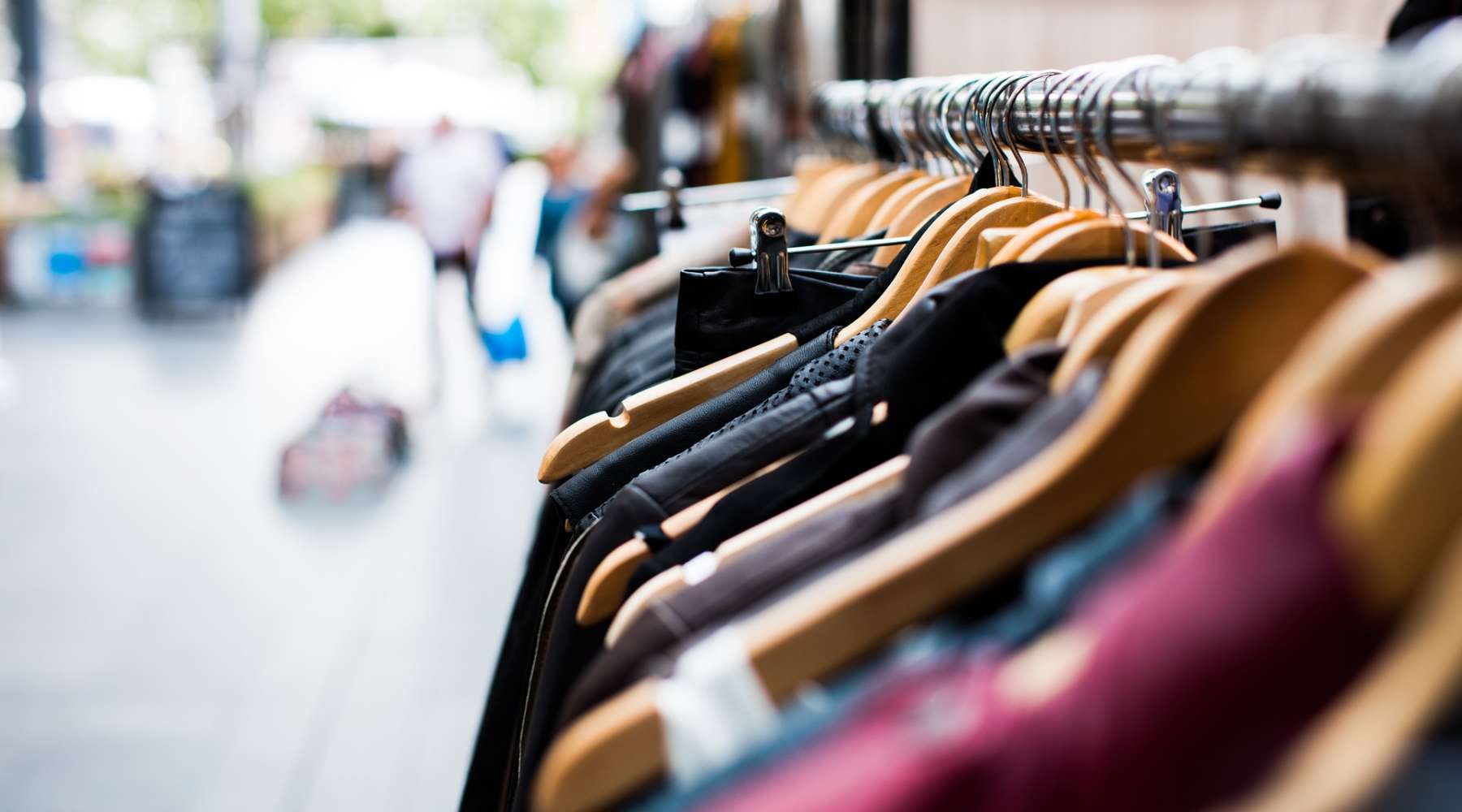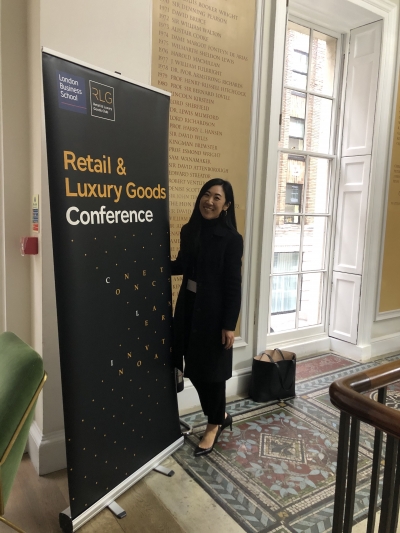
Forever21, H&M, Zara. These brands represent my fashion repertoire as a young adult. As a consumer, I've spent countless hours among garment racks searching for the right, next outfit and these brands offered me an array of affordable options. What was there not to love?
However, over time, I began to notice the quick wear and tear of each trendy piece. After leaving school, I started my professional career as a teacher and my wallet was, daresay, limited. I was conscious of each dollar spent and began to 
As my fashion appetite shifted, I began to learn why the quality of my previous purchases did not meet expectations. I found my answer in what is known as “fast fashion”—the speedy production of trendy, inexpensive pieces in large amounts. The exchange of sub-par quality garment for low prices.
To my dismay, I learned the severe environmental and humanitarian consequences of this trade and realized that I was a participant in it.
With the support of the Tuck School of Business at Dartmouth and the Center for Business, Government and Society, I attended the 2020 Retail & Luxury Good Conference hosted by the London Business School. This year's theme was specific to rethinking fashion, specifically in regards to sustainability. I found myself among students, retail professionals, luxury goods executives, entrepreneurs, and thought leaders, all with the hope of pushing the conversation on how the fashion industry desperately needs to respond to the call for sustainability. It was an unforgettable experience, helping me to grasp the severity of the environmental and humanitarian crisis at hand and learn about the innovative solutions of start-ups and established brands.
Fashion as we know it is hurting our environment and our society. Behind every crafted garment is a history of pollution and human rights infringements.
The fashion industry has historically cut corners in the name of profit and growth at every part of the value chain. Slavery and child labor have been integral parts of the supply chain one way or another, even today. In fact, at the apex of domestic manufacturing, working conditions were horrifically poor in both the US and UK. With offshore manufacturing, we see the same issues exacerbated in developing countries, where poorly regulated, inexpensive factories have led to tragic collapses and loss of life.
The greed of the fashion industry has left its mark on the environment and continues to do so. According to the World Bank, the fashion industry is responsible for nearly 20 percent of all annual industrial water pollution and 20 percent of carbon emissions. This industry alone consumes one-fourth of chemicals produced worldwide and the popularized use of synthetic fabrics has resulted in the release of microfibers in our water. Every year, more than 100 billion items of clothing are produced, but 20 percent go unsold, either being incinerated, shunted off to Africa or sent to landfills. Most clothing contains non-biodegradable synthetics and chemicals which contaminate our soil and water.
Fashion as we know it is hurting our environment and our society. Behind every crafted garment is a history of pollution and human rights infringements. Governments have failed to respond accordingly to safeguard our environment and people, and we have begun to see the rise of conscientious consumers and businesses responding to this need with what is now known as slow fashion.
Slow fashion, in contrast to its speedier counterpart, prods consumers to be informed of what we wear and how it is sourced and produced. In the spirit of rethinking fashion, the conference hosted established brands, such as Harrods and Burberry, and fashion startups, including Reve En Vert and Vestiaire Collective, to share how their businesses are challenging the status quo. Burberry's Director of Responsibility spoke to Burberry's Sustainable Fiber Alliance and its initiative to help farmers in Mongolia and Afghanistan from whom they source their cashmere fiber from. These programs are designed to raise awareness of animal welfare practices and improve the overall fiber quality and local farming businesses. Startup Reve En Vert's co-founder, Cora Hilts, has pushed her business to consider sustainability in all that they do, even if it means returning products that have been sent in plastic or taking their business away from firms not using biodegradable packaging.
Every year, more than 100 billion items of clothing are produced, but 20 percent go unsold, either being incinerated, shunted off to Africa or sent to landfills. Most clothing contains non-biodegradable synthetics and chemicals which contaminate our soil and water.
These changes, along with many others, are causing ripples throughout the fashion value chain. Small businesses focused on organic farming and fabric production have cropped up around the word. More companies are leveraging technology for better working conditions and improved processes. Companies like The Restory are promoting sustainability by repairing luxury goods for clients and reselling. Others like thredUP and Vestiaire Collective are changing the game by offering a second life for garments with their resale platforms. Lastly, consumers, especially millennials, are more aware than ever of environmental needs and will use their purchasing power to support environmentally friendly businesses and pressure those falling behind. According to the Boston Consulting Group, 40% of consumers have switched from preferred brands to sustainable ones; the shift has already started.
A new precedent is being set in the fashion industry as the alarm and cry for sustainability grows. It is time for retail and luxury goods businesses to face this reckoning or be forced to unfashionably exit the scene.